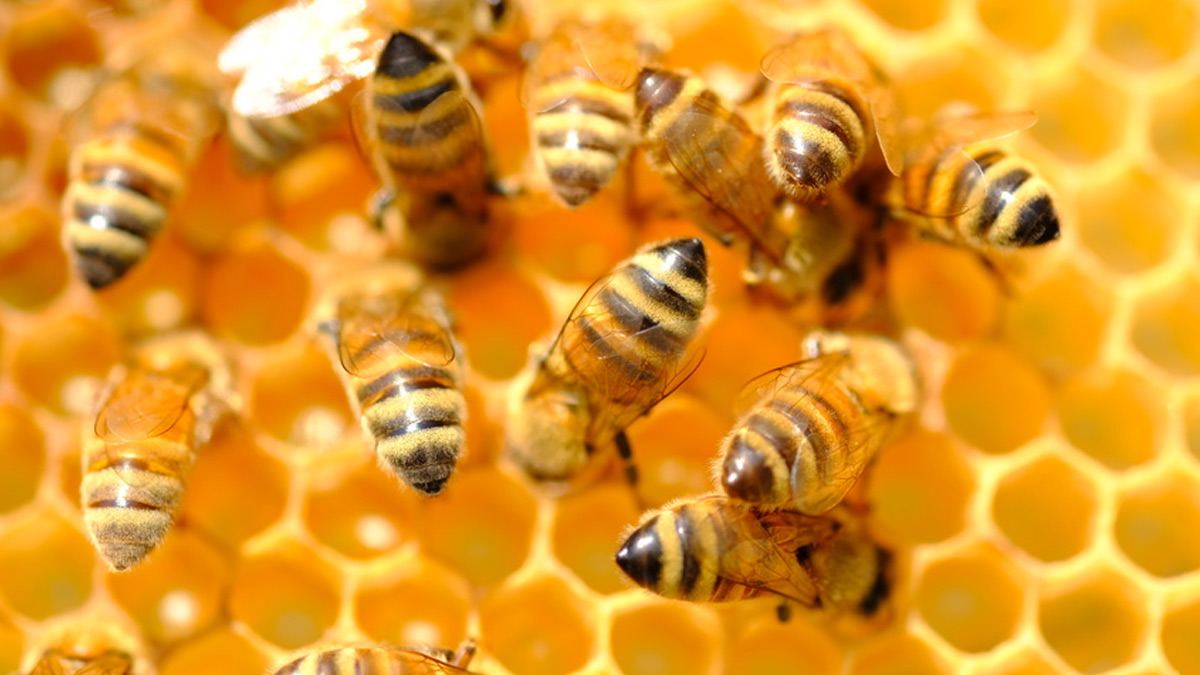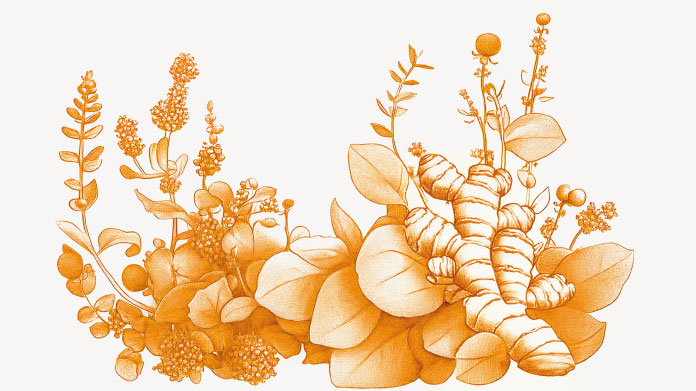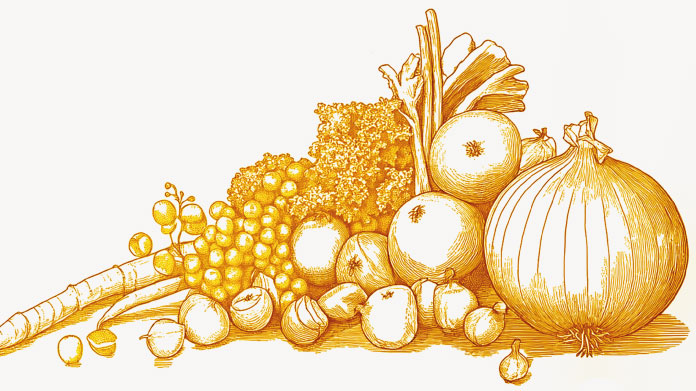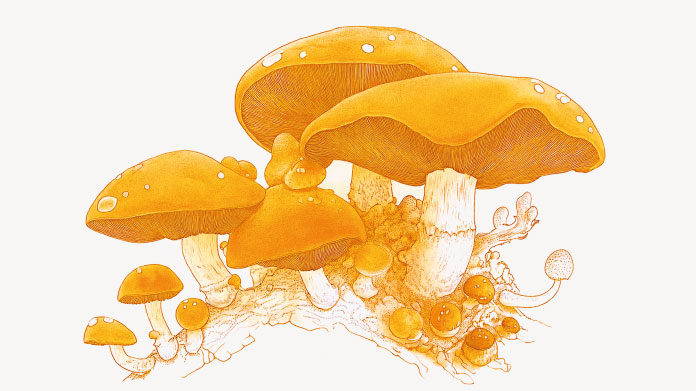Honey, royal jelly and propolis: what are their health benefits?
Beehive products have been growing in popularity over the last few years. Read on to find out more about the positive effects of honey, royal jelly and propolis.

1. The benefits of honey: a gift from Nature!
Honey is the best-known and most widely-used of the beehive products, with each variety offering its own appeal in terms of taste and texture. Its sweetening effect makes it a popular alternative to refined white sugar. Perhaps its most notable advantage, however, is the plethora of health benefits it offers! These properties are used in many traditional medicines, particularly in India where it features in the famous Ayurvedic remedy
Everyone’s familiar with the benefits of honey for a sore throat: indeed it’s recognized as having an anti-bacterial effect. It’s also thought to be a source of prebiotics, carbohydrates which improve the gut flora, which is itself beneficial for the body’s defenses. Honey’s protective effect is also enhanced by its content in antioxidants, compounds that combat free radical attack and prevent significant cellular damage.
2. The benefits of royal jelly: a precious, vitality-boosting nectar!
Alongside the benefits of honey, those of royal jelly are equally significant. Royal jelly is often credited as being the secret to the longevity of the queen bee. Unlike her worker bees which have a lifespan of just a few weeks, the queen bee can live for several years! Given that royal jelly is her sole source of nutrition, it could indeed account for this surprising longevity.
Royal jelly has consequently attracted considerable interest. Even in ancient times, it was believed to have the power to invigorate the body and extend life expectancy. As a result of scientific progress, it is now recognized as having an excellent nutritional profile and numerous benefits. It provides a wide range of vitamins, minerals and active principles. Studies show that these compounds can help restore energy, combat fatigue, boost the immune system, improve performance and delay the signs of aging. Supplementing with royal jelly therefore offers numerous benefits, particularly as we prepare ourselves for the ailments and lower energy levels that winter brings!
3. The benefits of propolis: the natural antibiotic!
Propolis may not as well-known as honey and royal jelly but it has much to offer. A resinous substance produced by bees in order to protect their hive, bee propolis is often described as nature’s antibiotic, as it has a powerful antiseptic effect. Widely-studied, research shows its protective effects extend beyond anti-microbial and anti-parasitic activity.
Propolis is also able to boost the body’s immune system and antioxidant defenses. In addition, it may help reduce inflammation, with an anti-inflammatory mechanism similar to that of aspirin. Last but not least, studies suggest that propolis has an anti-tumor effect. It therefore seems we could yet see even more benefits from this beehive product. But a word of caution: there are several forms of propolis available which differ according to the location and environment of the source beehive. Research suggests that to date, green propolis from Brazil has shown the greatest therapeutic potential.
BONUS: did you know that pollen also offers health benefits? Collected from flowers by bees, pollen contains a number of nutrients and active principles. A unique combination of pollen fractions beneficial for prostate health can, for example, be found in the product Prostaphil™.
Keywords
2 Days
great products and prices
great products and prices
Marie
8 Days
Easy to navigate site
Easy to navigate site, had what I was searching for, good price. easy order-check out
James Tucker
14 Days
My skin is clearing up nicely!
Pretty good for my skin so far.
Christian
16 Days
The new packaging is excellent
The new packaging is excellent - finally! No more squashed boxes and torn envelopes.
GORAN
17 Days
Great Product
Great Product
Larry Garrett
21 Days
Quick shipping
Quick shipping; good price. No issues!
Mary McCarty
23 Days
Thr product is very good and is helping…
Thr product is very good and is helping me on my health. Then is always on time
LUGO Luz
25 Days
Buying was fine
Buying was fine. I had problems with the website not recognizing my login info, and had to call to get it fixed. Other than that, everything was good.
David S. Clark
26 Days
Your super maca and super ginseng are…phenomenal
Your super maca and super ginseng are phenomenal supplements that compliment each other when taking them together. Fantastic feeling of well-being and lots of mid day energy without the crash.
Keith Mason
28 Days
I have had amazing results with every…
I have had amazing results with every supplement I've purchased. I am extremely satisfied with this company
kirstin Torres
28 Days
Fine products
Fine products . They are on the leading edge of online supplements. The only issue -so far-is they sometime run out of subscription items.
Jason Argos
31 Days
The ordering process is very user…
The ordering process is very user friendly and the products always come in a timely manner.
CARTER Rhonda
32 Days
The price for Dr
The price for Dr. Pero's AC-11 is reasonable and in line with his views. (my former colleague). Keep it pure.
CAMPBELL Clayton
35 Days
Right on every time.
Right on every time.
Arthur Nicholas
38 Days
They are cheaper than everyone else and…
They are cheaper than everyone else and the shipping was fast. Great company.
Patricia Adams




